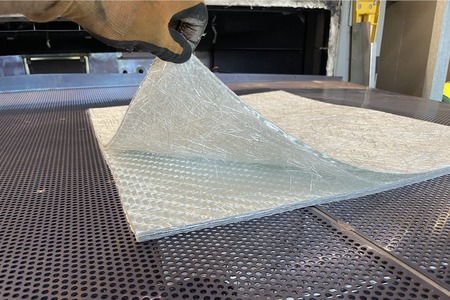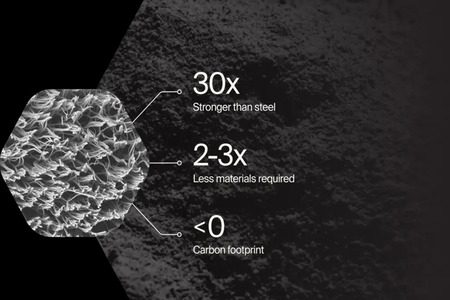
PhilFida likely to give green signal to Bt cotton rollout this year
YarnsandFibers News Bureau 2016-05-11 15:30:00 – ManilaThe Philippine Fiber Industry Development Authority (PhilFida) likely to give a green signal to the commercialization of Bacillus thuringiensis (Bt) in the fourth quarter of 2016. PhilFida Executive Director Clarito M. Barron said that under the new joint department circular (JDC), there are already revised guidelines for the impact assessment of every genetically modified (GM) crop on the environment. The multi location field trials of Bt cotton have concluded.
Baron said that Bt cotton would have to hurdle an environmental risk assessment—an additional requirement in the new JDC for GM crops, which replaced Administrative Order (AO) 8. He noted that the old guidelines authorized only the Department of Agriculture (DA) to evaluate
GM crops.
The new JDC requires the involvement of other national agencies for its approval. In this case, the Department of Environment and Natural Resources will be the one on top of the environmental risk assessment.
The new JDC replaced AO 8, which was nullified by the Supreme Court (SC) last December. The SC ruling delayed the propagation of Bt cotton.
PhilFida will be hard-pressed to reach its target of planting 50 hectares of land with Bt cotton to jump-start the propagation of the GM variant this year.
If Bt cotton gets approved for commercialization in the last quarter of this year, then definitely, planting would be delayed. Planting would start in 2017. The target of planting 20,000 hectares of land with Bt cotton by 2020 may be delayed by a year.
It has been more than a decade since the clamor to introduce Bt cotton in the country has started. The DA initiated efforts to introduce and evaluate Bt cotton varieties locally in 2004.
However, field trials were repeatedly delayed due to a number of issues, such as the feasibility of selling Bt cotton seeds in the Philippines.
Bt cotton will address the infestation of bollworm, an insect that causes as much as 60-percent yield loss in cotton plantations. The production cost incurred by farmers would be reduced, as they would no longer need to buy pesticides to control bollworm, Barron said.
He said that the reduction in yield loss and the use of insecticides and pesticides will therefore increase farmers’ income and profit.
International Service for the Acquisition of Agri-Biotech Applications (ISAAA) Global Coordinator and Southeast Asia Director Randy Hautea said that the expected commercialization of Bt cotton in the country is a “welcome†development.
Cotton is probably the biggest pesticide and insecticide user among all crops because of the issue of the bollworm. The local cotton growers would welcome its commercialization, Hautea said.
The PhilFida said that the rollout of Bt cotton in the Philippines could help fast-track the revival of the local textile industry and make the country self-sufficient in cotton.
With the propagation of Bt cotton, the PhilFida said that about 60,000 MT of cotton could be harvested from 20,000 hectares of land. This volume is seen to wipe out the country’s imports of lint estimated at 40,000 MT a year valued at P3 billion.
Data from the Philippine Statistics Authority (PSA) showed the country’s cotton production in 2014 reached 11.32 metric tons (MT), 79.54 percent lower than the 2013 output of 55.34 MT.
Market Intelligence
Ask for free sample Report

experience
Customer Base
dedicated team
Countries Served Worldwide









